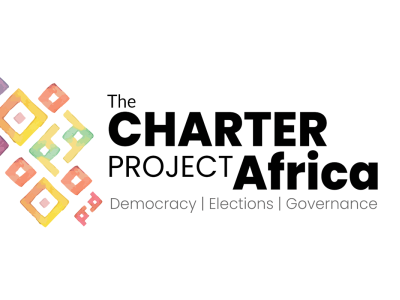
Responding to Change: Learning to Adapt in Development Cooperation
This brief responds to the challenge of increasing change by discussing some of the main issues in relation to learning and adapting by developing organizations. It suggests integrating four key organizational functions in order to improve and institutionalize organizational learning and self-assessment. In this process of change, the role of managers in development organizations cannot remain a constant factor. Key Messages The three main components of adaptive management are demand-oriented performance, learning management styles and triple accountability. As demands change in line with increased policy complexities, organizational performance needs to respond to new challenges, new issues, new partnerships and new approaches to achieving results. The need for managers to develop management styles that enable staff to learn quickly, and for policy and programming frameworks to embrace institutional change, is important. The third aspect of adaptive management in development organizations is triple accountability, i.e. closely linked and coordinated processes of accountability involving a multitude of partners. Background Today’s world is changing at breakneck pace. Development policy is becoming part of concerted action taken in response to global challenges and is being linked with issues such as security, governance, trade, migration, investment, communication and climate change. While plenty has been written about the question of how to manage small-scale change processes, very little has been written about the learning processes that development organizations need to adopt in order to effectively respond to the changing policy context. Conclusion In current debates it is stressed that issues of accountability and impact should be seen as a responsibility that is shared by all stakeholders, they advocate a radical shift away from disconnected accountabilities to a more inclusive, multiactor shared accountability. Organizational learning can occur in three different levels, which are individuals, work processes and in the organizational core. Organizational learning needs to be strengthened to identify changes the organization needs to make in order to improve its performance, and networking with external stakeholders needs to be improved. Moreover, adaptive management is needed to ensure institutional learning. To conclude, this Policy Management Brief by claiming that learning within development organizations needs to start with the strengthening of internal self-evaluation.
Loading Conversation


